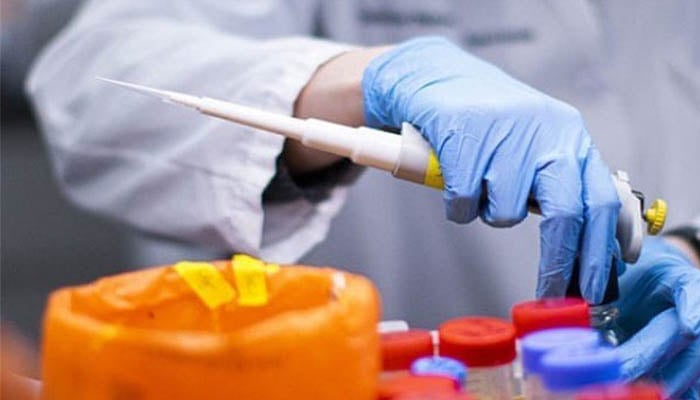‘Deltacron': Experts say new variant may be a result of lab contamination
Detected in Cyprus, "Deltacron" is a combination of both delta and omicron variants
January 10, 2022

- A new possible COVID-19 variant "Deltacron" has recently surfaced.
- Experts say that it might be the result of lab contamination.
- Cyprus’ Health Minister says that it is not something to worry about at the moment.
While the world was still grappling with the highly-transmissible Omicron variant of the coronavirus which resulted in the surge of positive cases across the globe, a new possible variant — called the Deltacron — is now making headlines.
However, experts say that the so-called variant might be a result of lab contamination.
Leondios Kostrikis, a professor of biological sciences at the University of Cyprus, discovered the potential new variant last weekend and said that the strain — which he named "Deltacron" — has omicron-like genetic signatures within the delta genomes, according to Bloomberg.
Until now, 25 cases of the newly mutated variant have been found, Kostrikis and his team stated. The report further adds that it is too early to determine whether there were more cases of the apparent new strain or what impact it could have.
'Deltacron is a hoax'
Following the discovery of the new variant, some experts took to Twitter and expressed their doubts over the finding. Experts have tweeted that Deltacron is “not real” and “is likely due to sequencing artifact,” a variation introduced by a non-biological process.
According to the World Health Organisation's (WHO) COVID-19 expert Dr Krutika Kuppalli, there was likely a “lab contamination of Omicron fragments in a Delta specimen.”
“Let’s not merge names of infectious diseases and leave it to celebrity couples,” Krutika Kuppalli stated in another tweet, per the report.
A geneticist at the Research Institute of the McGill University Health Centre — Fatima Tokhmafshan — agreed with Kuppalli and tweeted:
“This is NOT a recombinant but rather lab contamination b/c [because] looking at recent GISAID submission from Cyprus the clustering & mutational profile indicate NO mutation consensus.”
Kostrikis, who has discovered "Deltacron", defended his findings by informing Bloomberg that the "variant is not a result of a technical error.”
Meanwhile, Cyprus’ Health Minister Michael Hadjipantela has said that the ministry was aware of the reports of “Deltacron," adding that "it was not something to worry about at the moment."











